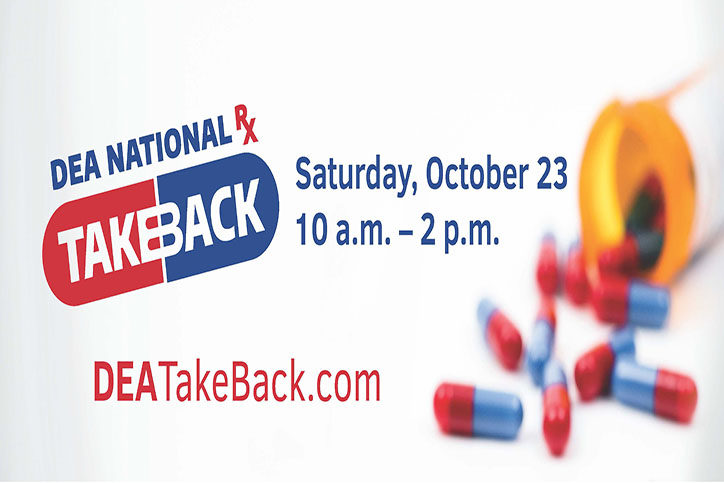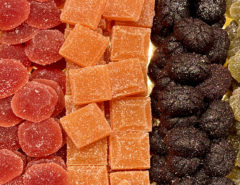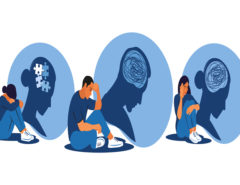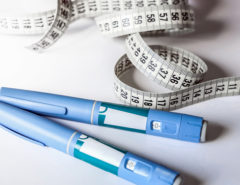Since 2010, the Drug Enforcement Administration (DEA) has held 20 National Drug Take Back Day events. These events typically happen in April and October. They are held at more than 5,000 collection sites across the country. These events are a free and easy way to safely dispose of medicines – both prescription and over-the-counter. Keeping unused and expired medicines in your home can be dangerous. Below we dive deeper into these events and how to safely dispose of medicines, keeping you and your family safe.
The Upcoming Event
The next drug take back day event is October 23, 2021 from 10 a.m. to 2 p.m. To find a collection site near you, visit the DEA’s Take Back Day website. Both prescription and over-the-counter medicines can be disposed of at these collection sites. IV and injectable medicines, needles, syringes, and EpiPens are not accepted at all collection sites. Check with your local site to learn more about what they will accept. You can also use this tool to find a safe needle disposal location near you.
The Risk of Not Disposing
Having extra medicines in the home increases the chance that anyone can find and get into them. Children may be in the home playing and find medicines. Teens and adults who live in or visit your home may search your cabinet for medicine to misuse it. Older adults may get confused and take a medicine they aren’t supposed to. Some pets take medicines, too, so be sure to also dispose of those unused and expired medicines to prevent any exposures to pets and humans.
Recent Events
At the last event in April 2021, 839,523 pounds of medicines was collected across the country. The state of Maryland was responsible for 11,536 of those pounds at its 76 collection sites. These were exciting and impressive numbers considering the ongoing COVID-19 pandemic. More people were spending more times in their homes, so removing all these medicines across the state was an exciting achievement.
Cleaning Out Your Medicine Cabinet
Take a look through your medicine cabinet, hall closet, bathroom cupboard, or anywhere else you may store medicines. Anything that is unopened, hasn’t been used recently, or is expired can be taken to the event for safe disposal. If your health care provider tells you to stop taking a medicine, it would be best to dispose of it then. If you have leftover medicines for any other reasons, dispose of it. Saving medicines for when you think you may need it can be dangerous. If your health care provider wants you to take a medicine again, they will write you a new prescription for it.
Other Safe Disposal Practices
To review detailed information about all of the safe ways to dispose of medicine, please visit our previously published blog about safe medicine disposal. Below is a short summary of the other practices.
Permanent Drop-Off Locations
There are many permanent drop-off locations around Maryland. Most of the locations are inside of police stations and some are even open 24/7. A map and list of Maryland’s permanent drop-off locations is available here. There are also drop-off locations at places such as pharmacies and health care provider offices. Ask your pharmacist or health care provider for locations nearest you if you live outside of Maryland.
Safe Home Disposal
If you are unable to drop off medicines for any reason, there is a safe way for you to dispose of medicines at home. Mix whole tablets and capsules in a bag or container with dirt, kitty litter, or coffee grounds. Seal the bag or container and throw it away in your household trash. Don’t forget to scratch out your personal information on the prescription label!
Download our one-page sheet with these instructions here.
FDA Flush List
The FDA Flush List is a list of medicines that can be safely flushed down the toilet. The medicines on this list include controlled substances that can be dangerous if someone were to take it when they are not supposed to. If a medicine is not on the flush list, use the other above practices to safely dispose of the medicine(s).
As always, if you suspect that you or someone you know has gotten into a medicine, contact the MPC right away at 1-800-222-1222. Poison experts are available 24 hours a day, 7 days a week to help. The call is fast, free, and confidential.





Leave a Reply